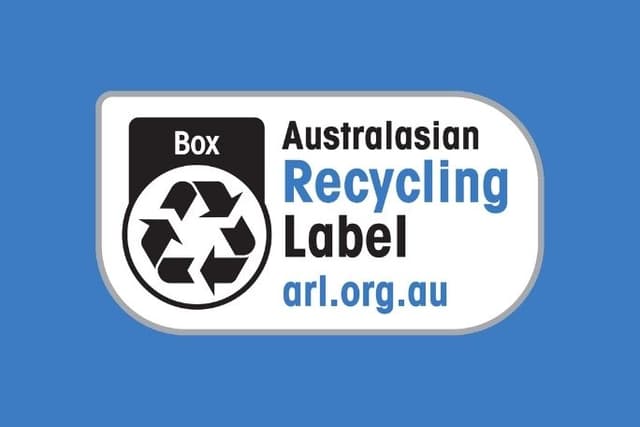
National Recycling Week - Exploring Australia's New Recycling Labels
Lesson2 of 4 in this unit
SecondaryYear 7 - 10TechnologyDesign and TechnologiesEnvironmentalRecyclingSustainability
Summary
Lesson Guides and Printables
Lesson Plan

Student Worksheet

Teacher Content Info
